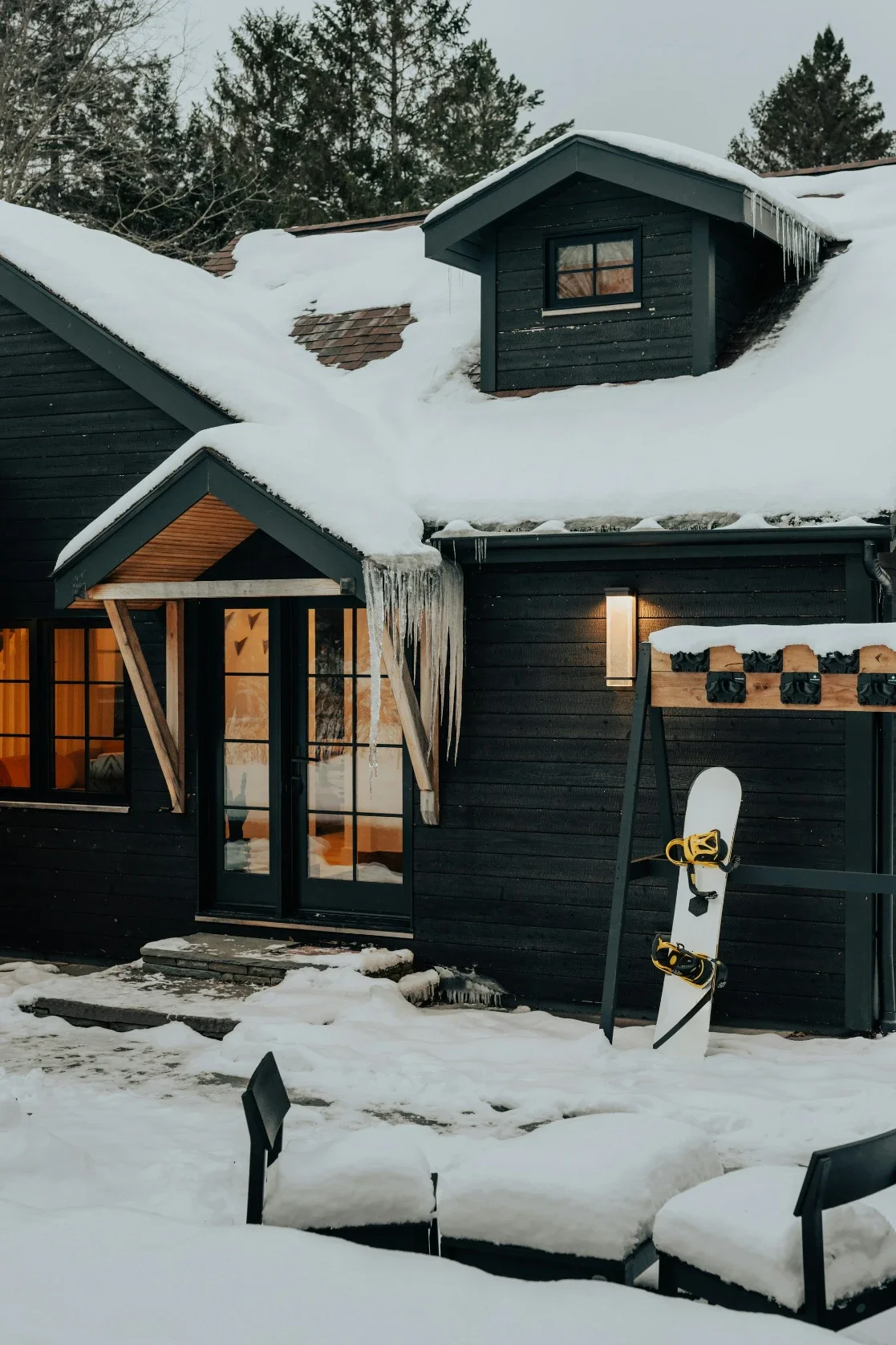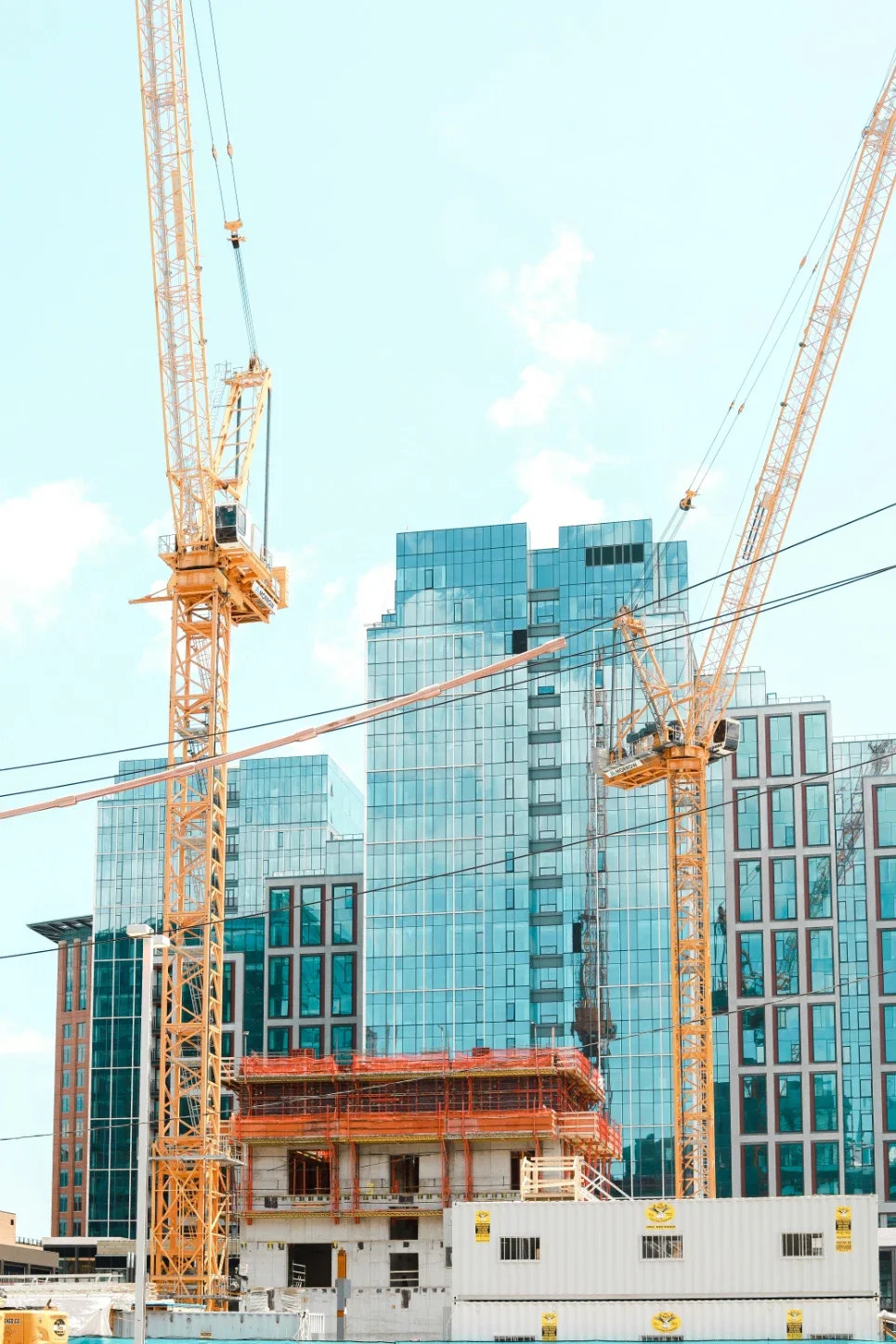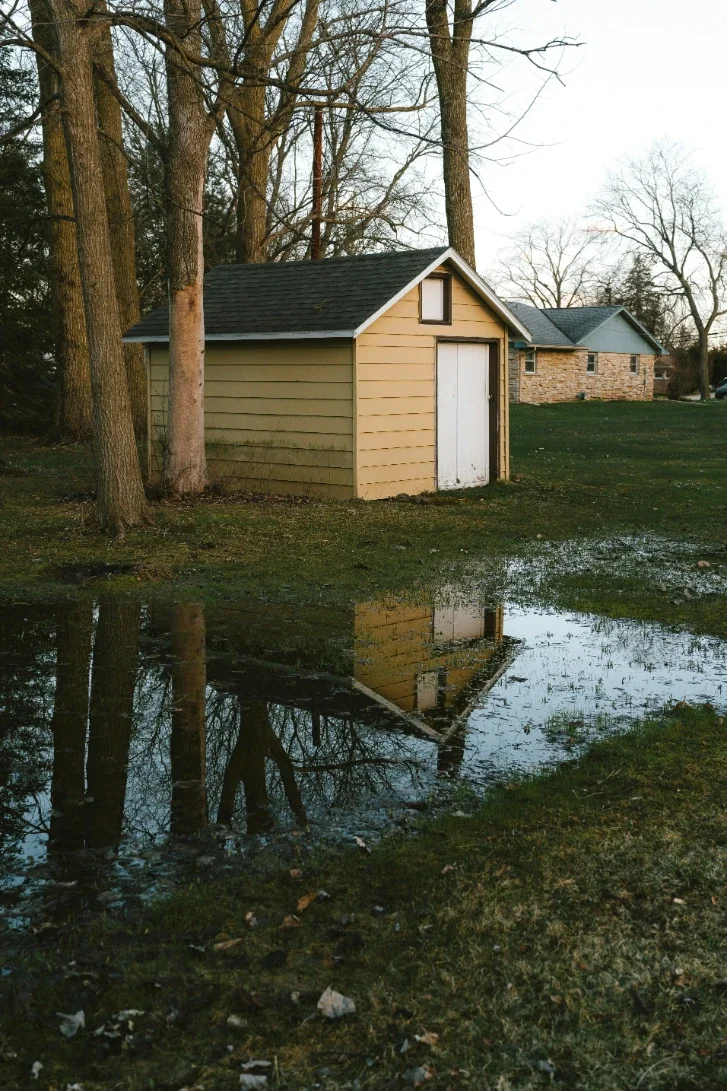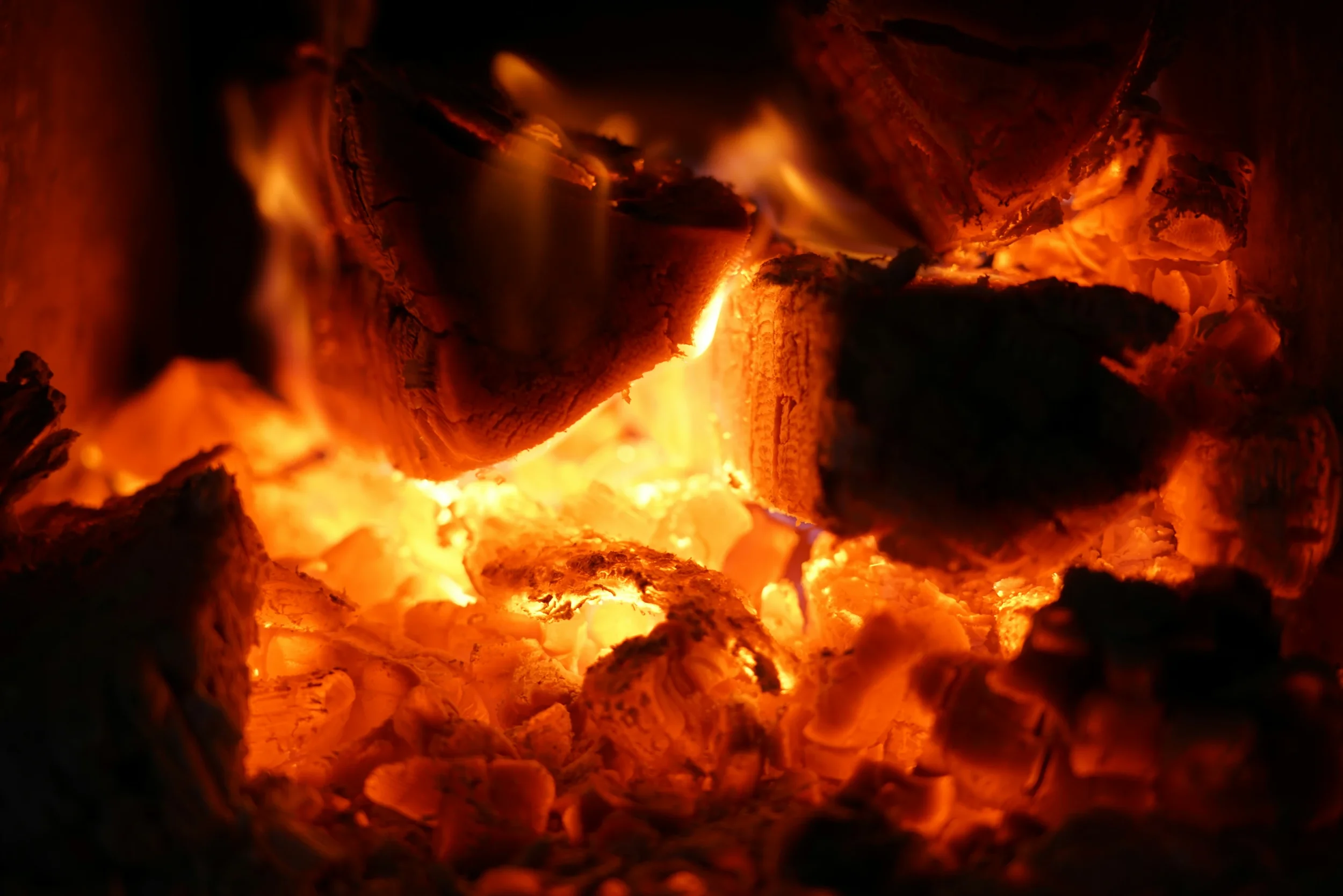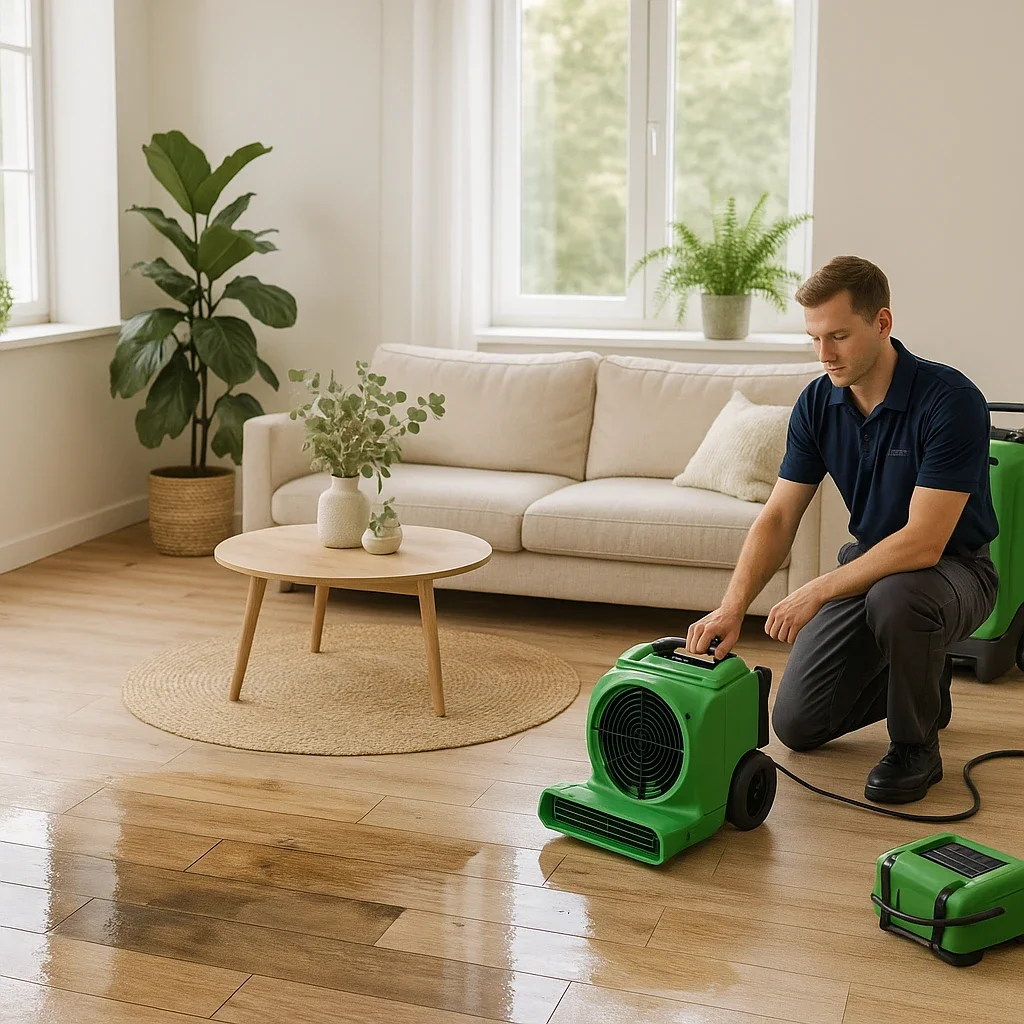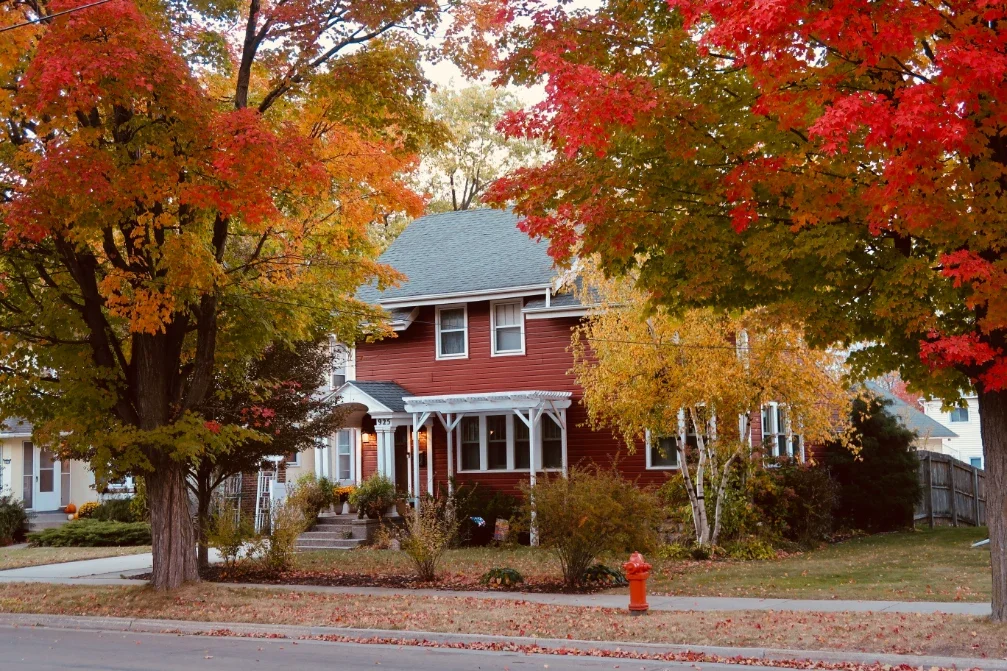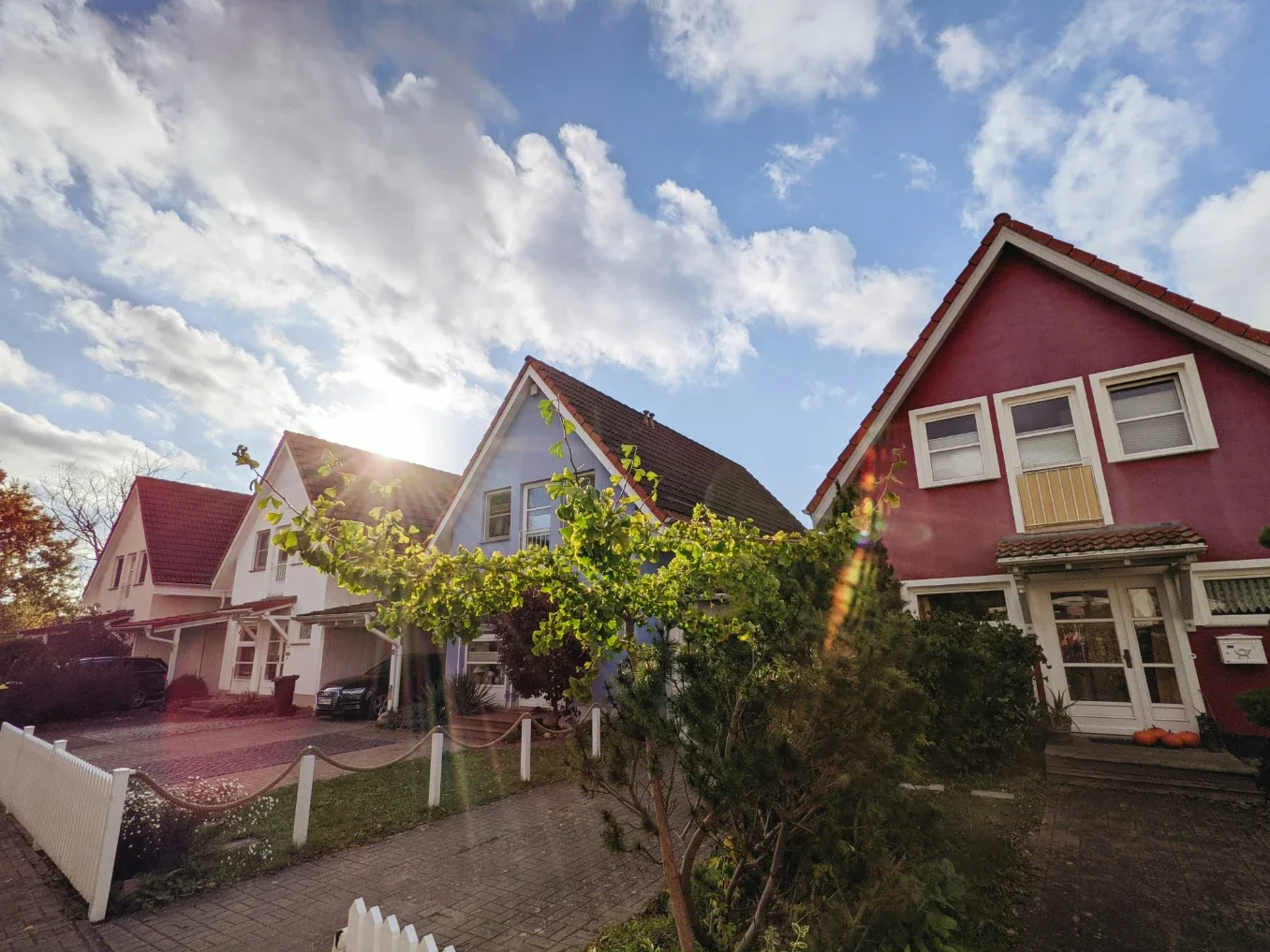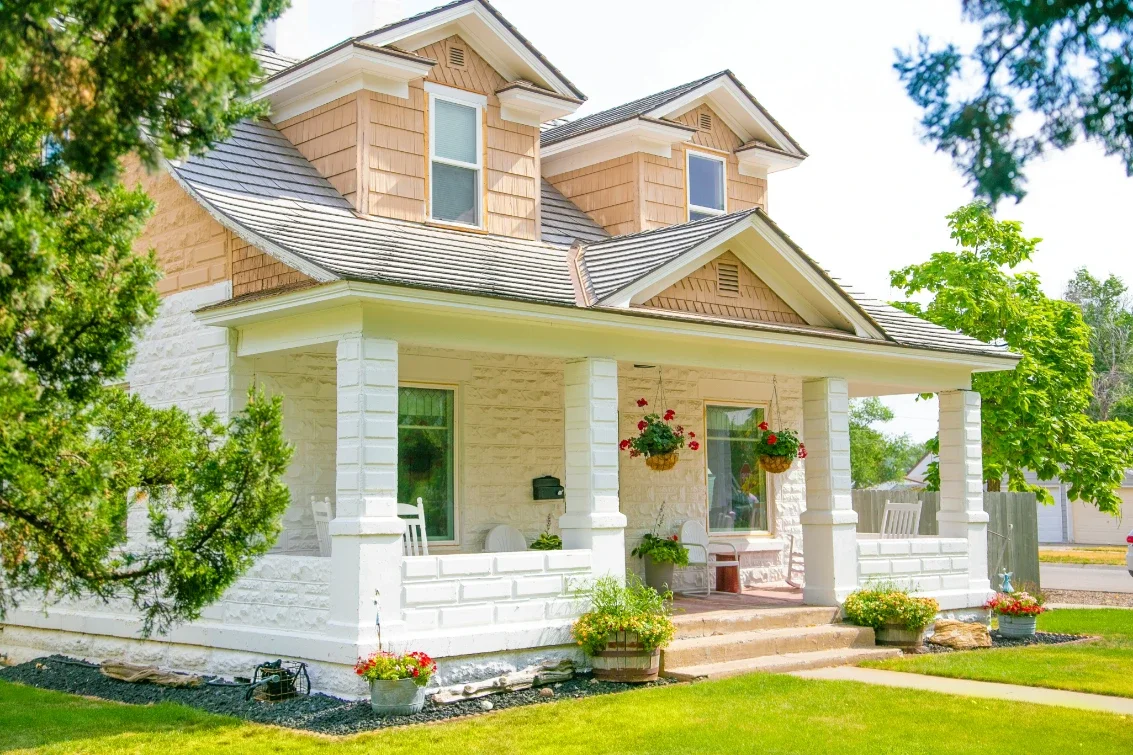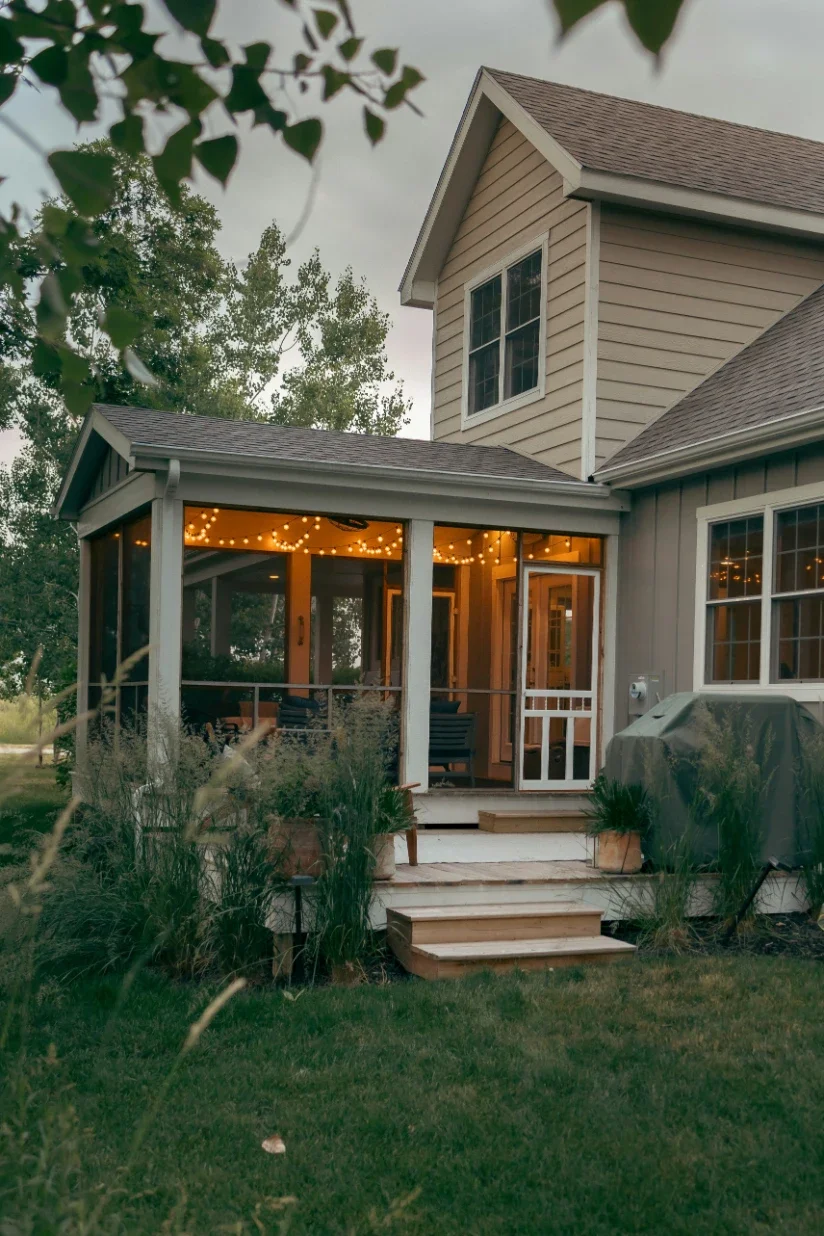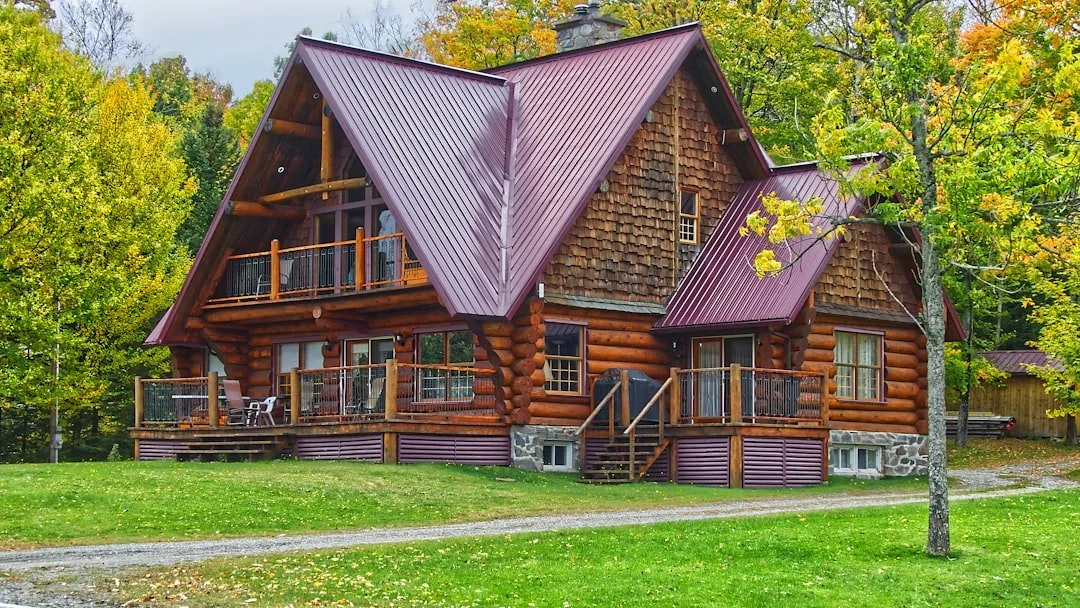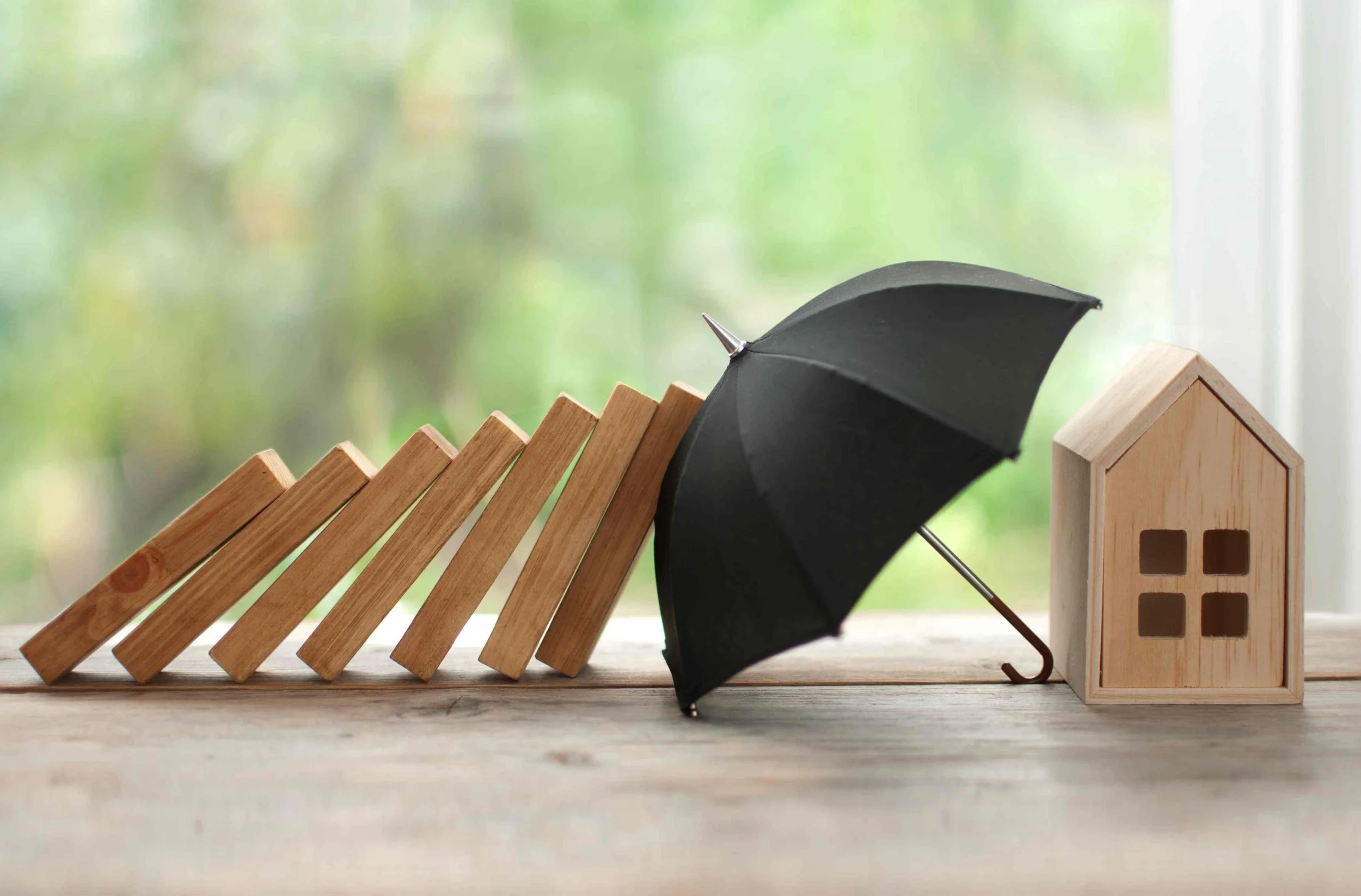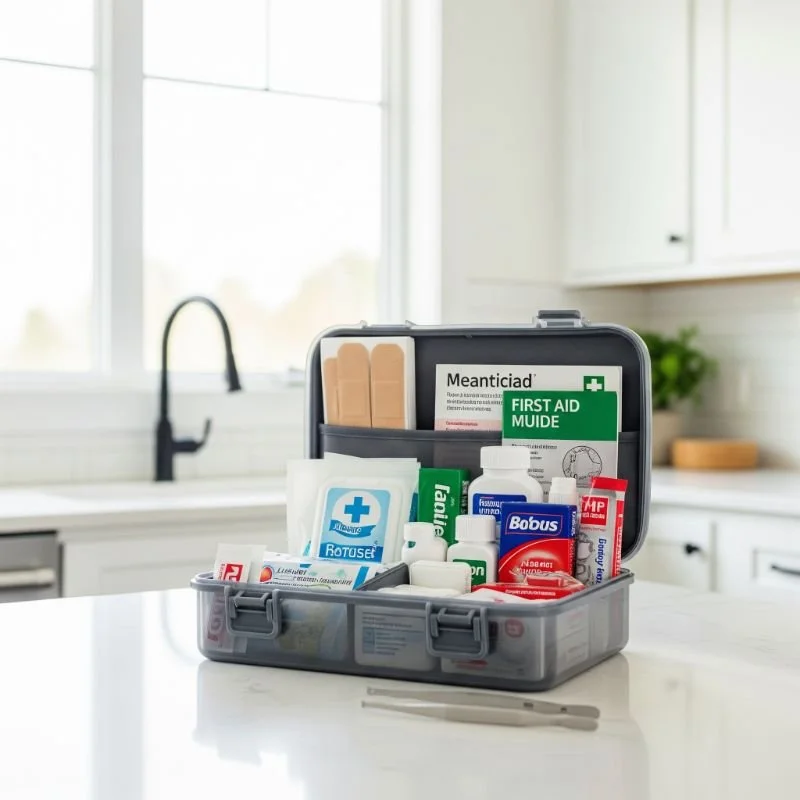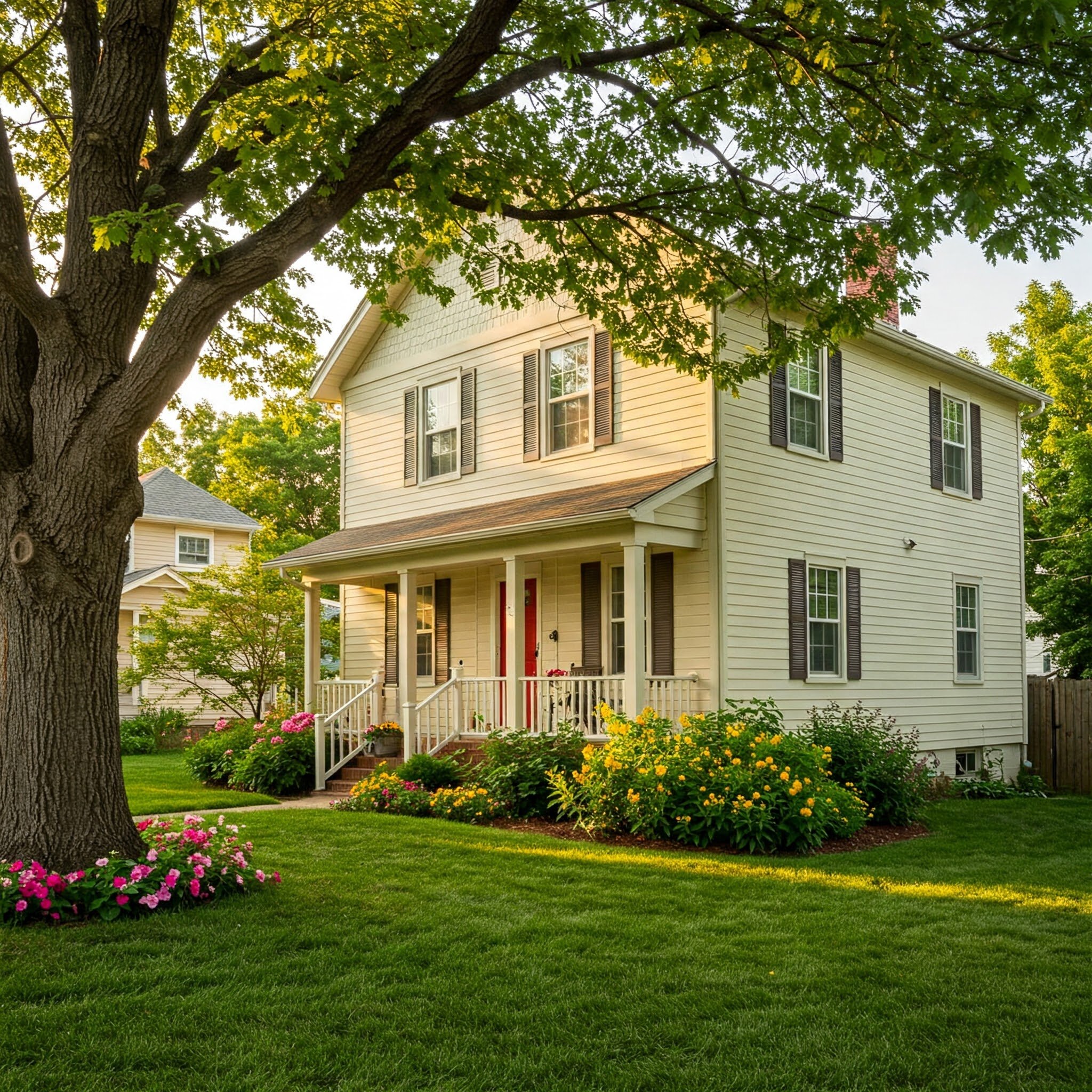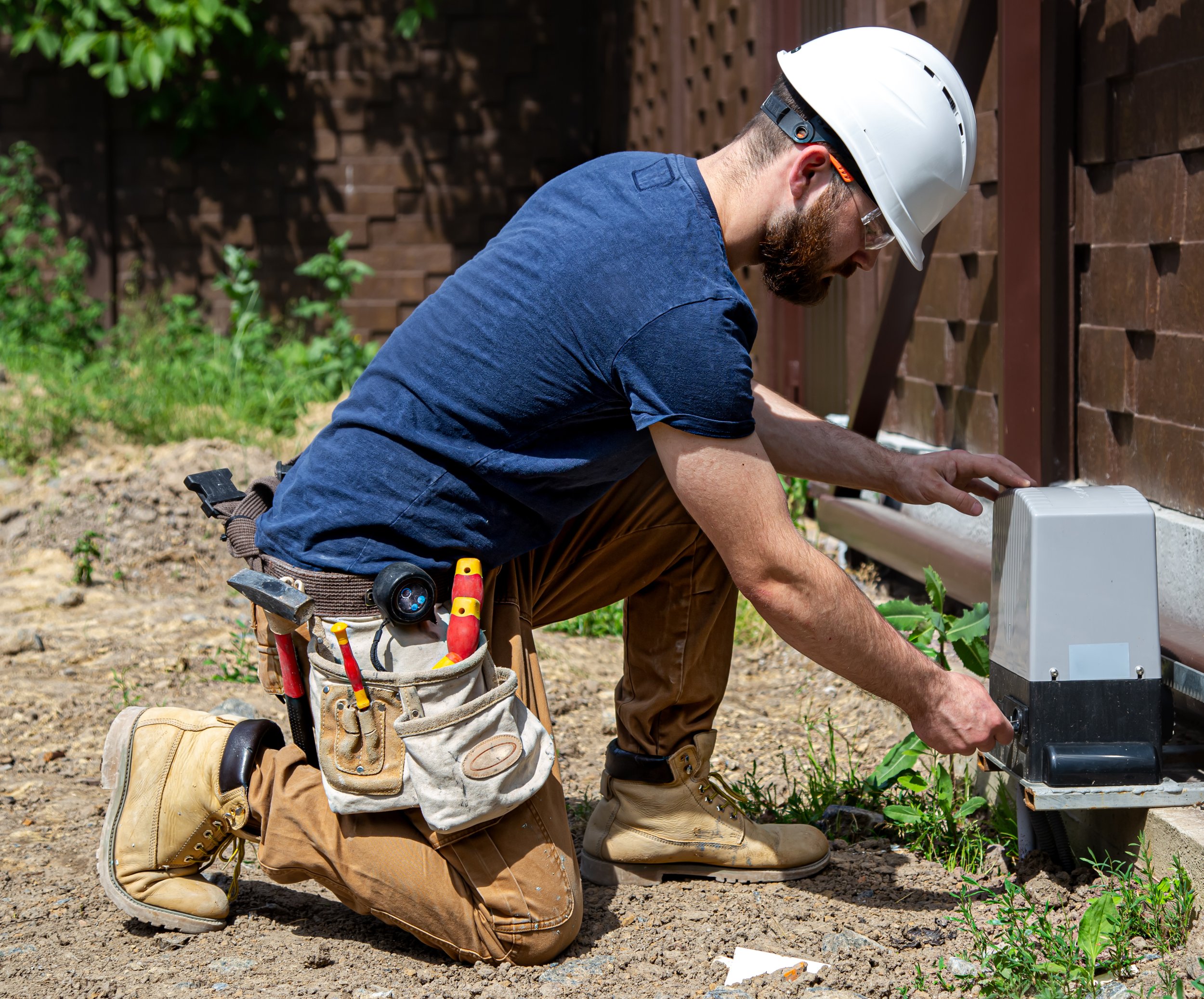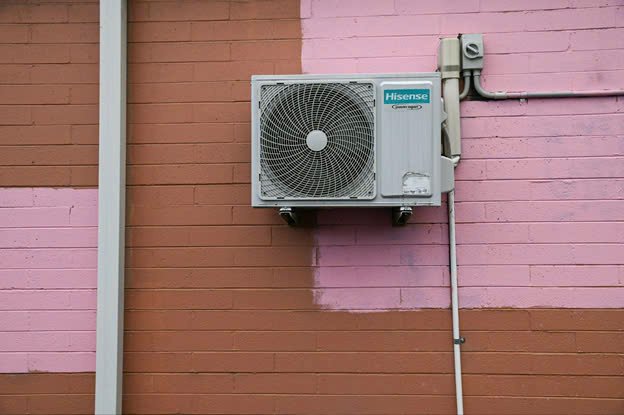Protect Your Investment: Critical Knowledge for Homeowners
Learn the essential tips every homeowner needs to protect their property, maintain value, and avoid costly repair or insurance mistakes.
As a homeowner, protecting your investment is crucial. Your home is likely one of the largest financial commitments you will ever make, and ensuring its longevity and safety requires informed decisions and proactive measures. Among various factors that can threaten your property, environmental elements, maintenance neglect, and unexpected damage rank high. Understanding these threats and employing proper strategies can help you preserve the value of your investment and the comfort and safety of your family.
The Importance of Regular Maintenance
Regular maintenance is vital for keeping your property in excellent condition. Many homeowners overlook this aspect until issues arise, leading to costly repairs and complications. Simple tasks such as cleaning gutters, inspecting the roof, and checking for leaks can prevent serious damage down the line. It’s surprising how a little forethought can save thousands of dollars in structural repairs, which is why homeowners should commit to annual inspections.
A proactive approach to maintenance can extend the lifespan of your roof, siding, and foundation. Timely replacement or repair of broken shingles or cracked siding can prevent water intrusion that might escalate into significant mold and rot issues. Particularly, the roof is often exposed to harsh weather, and a few missed repairs may lead to substantial damage. Hence, regular inspections should focus on visible damage and assess other vulnerabilities according to the season.
Understanding Home Insurance Policies
Home insurance is another critical aspect of protecting your investment. Different policies offer varying degrees of coverage. Some may exclude certain types of damage or environmental effects. Homeowners need to read and fully understand their policies to avoid unpleasant surprises when filing claims. Factors such as area location, home age, and even materials used in home construction can influence the terms of your insurance.
It's wise to review your insurance policy annually. Climate changes and other environmental factors may necessitate increased coverage or altered terms. If you live in an area prone to severe storms, ensuring that your policy encompasses hail damage can be crucial. Should a significant weather event occur, the last thing you need is to discover that your insurance does not cover the resulting damage.
Weather-Related Damages and Recovery
Weather can be unpredictable, yet its impact on your property is often timeless. Storms, heavy winds, and hail can affect your roof and siding significantly. After a storm, inspecting your home for signs of damage is vital. Look for missing or cracked shingles, dented gutters, or even cracks in the walls that can signal moisture issues. Being proactive allows for swift action, reducing possible long-term damage.
If hail damage occurs, you need swift remedies to mitigate further issues. Ignoring such problems can lead to leaks and structural weaknesses, which may escalate repair costs. Homeowners should not delay in dealing with these issues, as professional services equipped to handle hail damage can often assist in restoration, ensuring your property remains safe and secure. If your roof has suffered significant impairment, it is time to restore your roof today and secure your investment from further damage. Reaching out to experienced roofing and restoration experts ensures that all damage is properly assessed and repaired, giving you confidence that your home is fully protected against future weather events.
Financial Planning for Major Repairs
Anticipating major repairs or renovations should be part of every homeowner's financial strategy. Setting aside funds for unexpected repairs ensures you are not caught off guard should a major problem arise. With rising costs of materials and labor, having a dedicated savings account for home repairs can offer peace of mind. Property maintenance should be a planned approach to homeownership.
Consider creating a home improvement budget that captures both expected and unexpected repair costs. The more prepared you are financially, the less likely you are to face overwhelming debt or financial strain when confronted with sudden expenses. This proactive budgeting can preserve your investment and your peace of mind.
Seasonal Prepping and Planning
Each season brings unique challenges for homeowners. Winter may necessitate roof insulation and heating system checks to combat ice dams. Spring often requires a thorough inspection of gutters and landscaping. Summer calls for pest inspections and checks for air conditioning issues, while fall focuses on cleaning gutters and preparing heating systems. Understanding these seasonal requirements helps homeowners adopt a holistic approach to property care.
In regions that experience heavy snowfall, ensuring gutters are free of debris before winter can reduce the risk of ice dams forming. Not addressing these matters may lead to exterior damage and could impact your interior walls and ceilings. Keeping a seasonal checklist can aid in ensuring all necessary preparations are made, reinforcing the integrity of your home.
Community and Legal Aspects of Homeownership
Your obligation as a homeowner extends beyond just your property. Knowing your community's regulations, rights, and responsibilities is paramount. Homeowners' associations (HOAs) may impose specific codes concerning building modifications, landscaping, and even external aesthetics. Understanding these stipulations can save you time and potential fines. It builds community relations, promoting a neighborhood environment where homes are maintained uniformly.
Equally, you should familiarize yourself with local ordinances regarding property ownership. These can cover a range of topics, including zoning laws and permits for renovations. Ignoring these aspects may prompt enforcement action against you, leading to legal disputes. Forming good relationships with neighbors can provide support networks for anything from sharing maintenance advice to weather-related assistance.
Being a responsible homeowner requires ongoing commitment to a variety of tasks, from important maintenance to financial planning and legal understanding. Your proactive measures significantly contribute to the longevity of your residence. Whether it’s tackling routine inspections, understanding your insurance policy, or preparing for seasonal changes, your approach will safeguard both your home and its value for years to come. Each component of homeownership plays a critical role in preserving your investment and providing a safe and comfortable living environment for all who reside there.




